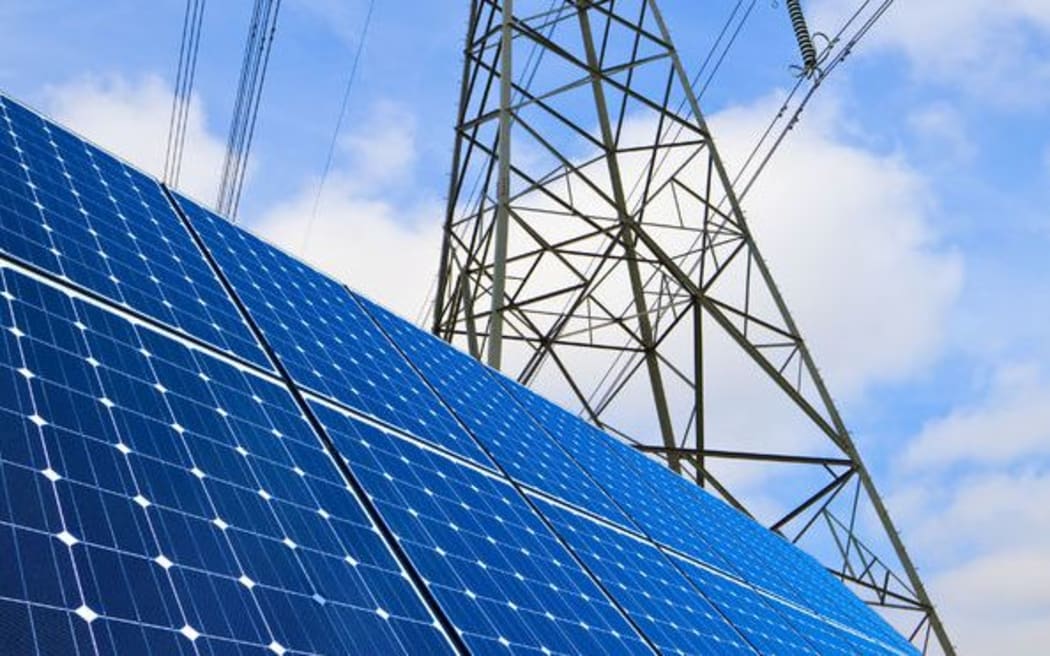The Electricity Authority is warning that rapid investment in solar technology with back-up batteries could be an expensive mistake.

Photo: 123RF
It puts the potential wasted investment at $2.7 billion to $5 billion over the next 10 years, and said the real economics of solar technology should be understood before people made expensive purchases of solar cells for their roof tops.

Carl Hansen Photo: Supplied
The comments came as the authority unveiled a draft document on how the electricity system would respond to emerging technologies.
At present, 6700 homes generate electricity from solar panels on their roof - a tiny percentage of the two million homes connected to the national grid.
But those 6700 are a forceful minority, who argue they are producing clean energy from sunshine.
However, Electricity Authority chief executive Carl Hansen told Nine to Noon that going solar could hurt people in the pocket while doing nothing for the environment.
"It is scarce money that people are spending on installing their own renewable generation that is already in their system," he said. "The environment is not any better off."
Mr Hansen said, since over 80 percent of New Zealand's electricity was now renewable, there was little environmental gain from going solar.
It was also a costly way to go, he said, because solar electricity was expensive to generate.
"You are having solar generation come in, the cost of it is about $200 a megawatt hour," he said.
"But grid-supplied generation from wind or geothermal, which is equally renewable, is about $80 a megawatt hour, so the current price structure is encouraging people to go and buy expensive stuff."
'Not a decision for the Electricity Authority'
But the Sustainable Electricity Association, which supports solar cells, rejected Mr Hansen's arguments.
The association's chairman, Brendan Winitana, said Mr Hansen was talking outside his proper authority when it came to installing solar panels.
"To say it is an over-investment is not a decision for the Electricity Authority to make," he said.
"It is a consumer decision. If they want to invest any more money, for their own independence, who is anyone else to say that they can't?"
Mr Winitana also questioned Mr Hansen on the price of generating electricity, saying $200 a megawatt hour for solar power was at the top end of the price range - not the norm.
He insisted solar electricity was an environmental improvement, despite what Mr Hansen said.
"If you generate your own power for your own premise, you are guaranteed that you are using 100 percent renewable energy, which is a lot different than 82 percent.
"If I use power off the grid, my retailer cannot guarantee that it is 100 percent renewable."
One of the reasons for the Electricity Authority's concern is that - according to its research - too many electricity lines companies have fixed charges for their wires, which does not encourage people to use offpeak electricity.
It said, if lines charges varied, then it might make more sense to improve energy use by recharging appliances in the early hours of the morning - rather than install solar panels.
The Electricity Networks Association said it was still studying the document and it was too soon to respond to the comments.


